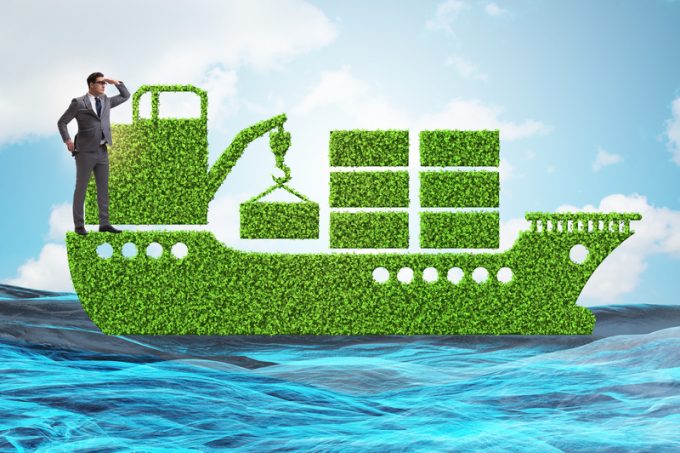Cargolux eyes move into SAF production and distribution
Cargolux is looking to expand its business activities, including getting into the production and distribution ...

As campaigners for ShipItZero protested at the San Pedro Bay port complex yesterday in a bid to end ship pollution, new research has suggested a novel way to cut shipping emissions.
Researchers at Northwestern University have proposed that lines begin using fuel cells that burn traditional fossil fuels, but then capture and store the carbon dioxide. The compressed gas can then be sequestered permanently, or converted into liquid fuel for re-use, potentially making shipping carbon-neutral.
Anthropocene magazine notes that sustainable hydrogen or ...
Amazon pushes into LTL for small package fulfilment and UPS does a u-turn
New senior management for DSV as it readies for DB Schenker takeover
Volumes set to 'fall off a cliff' as US firms hit the brakes on sourcing and bookings
Asian exporters scramble for ships and boxes to beat 90-day tariff pause
Temporary tariff relief brings on early transpacific peak season
'Tariff madness' will prompt renegotiation of ocean shipping contracts
Response to tariffs by Chinese importers may see extra costs for US shippers
Forwarders 'allowing the fox into the chicken run' by supporting 'hungry' carriers

Comment on this article